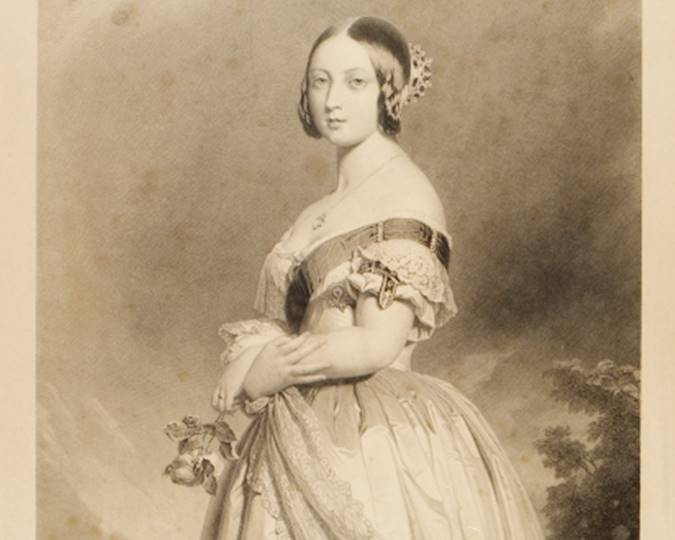A
chatelaine bag (1881–1892), bearing the mark of Rosenthal, Jacob and Co. on the frame. (ID no.: 66.79/3)
Delving deeper into the histories of the two silversmiths, we
uncovered a fascinating tale of migration, craftsmanship and
entrepreneurial spirit. Julius Rosenthal, born Judah Loewe in London in 1846,
was the son of Loewe Judah, a language teacher who had arrived from Hanover,
Germany in 1837.
Samuel Jacob had moved to London from Falmouth (Cornwall), a
town where a thriving Jewish community was established from the 1740s.
While the bag
frame might be the only Rosenthal, Jacob and Co. product to make it into our
(or any museum’s) collection, the company produced a variety of silver items, ranging
from belt buckles and covers to shoe horns, perfume flasks and,
intriguingly, a
silver chatelaine, similar to
the 18th-century versions.
After the dissolution of the partnership, Samuel Jacob
continued his silversmith business as ‘Jacob & Sons’ until his death in
1913. The company continued to be listed in 1916 as ‘fancy silversmiths’,
presumable run by Samuel’s son. Rosenthal,
had a more chequered career. He traded as Rosenthal & Co. until 1895, when he went bankrupt. In
1901, he was listed as ‘Silversmith Gold & own acc’t’, which indicates that
he might have done some private work until he died in 1912.


